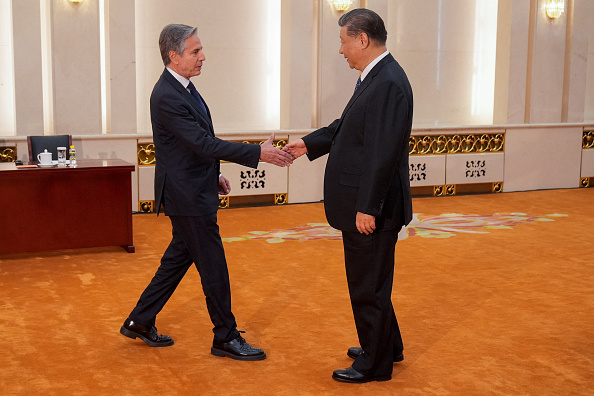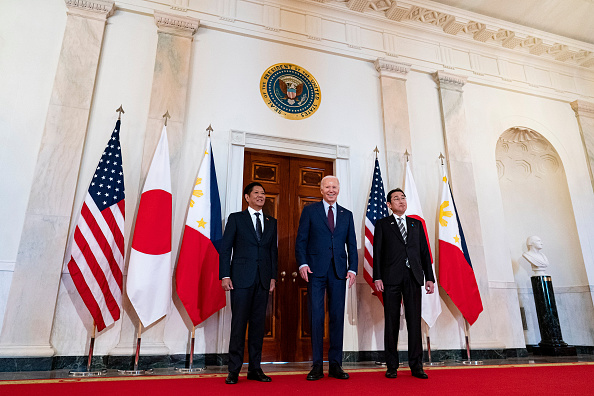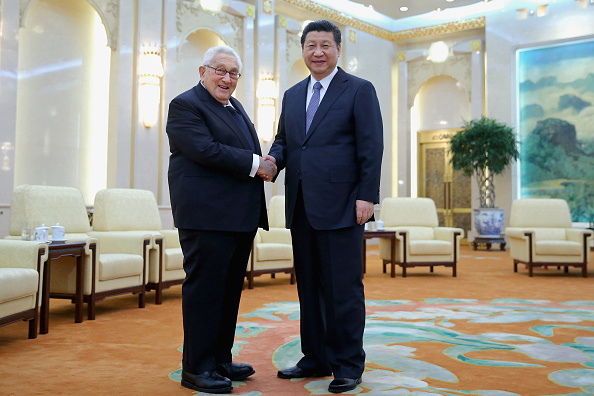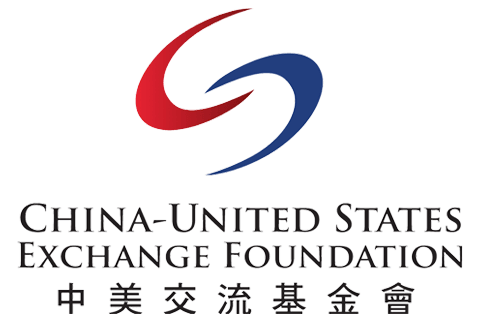
Dear Focus Reader,
United States Secretary of State Antony Blinken traveled to Beijing and Shanghai this week for meetings with Chinese officials in efforts to advance cooperation and implement understandings reached by Presidents Joe Biden and Xi Jinping at their meeting in Woodside, CA, in November. His trip followed a visit from Treasury Secretary Janet Yellen just a few weeks prior, and came as disputes over wars, trade, technology and national security are testing the two countries' ability to stabilize relations.
During his meeting with Xi Jinping in Beijing, Xi highlighted the importance of a collaborative approach between the United States and China, advocating for partnership over adversarial relations. While he acknowledged the milestone of 45 years of diplomatic ties, he also emphasized that the U.S. should stop "saying one thing and doing another," calling on Washington not to treat Beijing as an enemy. "Our two countries … should be true to their words," he said.
Blinken reiterated the U.S.'s stance: promoting China's economic growth while advocating for fair trade practices, aligning with concerns previously expressed by the U.S. over industrial overcapacity and trade imbalances. He also cautioned Beijing against any interference in the upcoming U.S. elections.
Beyond political engagement and rhetoric, Blinken's visit also incorporated symbolic gestures and cultural exchanges. The choice of culinary experiences underscored the multifaceted nature of China-U.S. relations, from Tibetan cuisine sending a message on human rights, to Beijing beer brewed with American hops honoring the bilateral trade relationship. He also took a trip to a notable record store in Beijing, Li-Pi Records, emphasizing the significance of "musical diplomacy," where he bought two records: an album by Chinese rock artist Dou Wei, and Taylor Swift's "Midnights," which he described as a successful American export.
As both sides navigate through geopolitical differences, Blinken emphasized the importance of communication and responsible engagement. Despite the ongoing challenges, efforts to restore military-to-military communications and explore shared interests demonstrate some progress in managing differences and maintaining dialogue.
Learn more on China-U.S. relations by catching up on our latest Focus content, including topics on Blinken's China trip, building resilience in China-U.S. relations, and Washington and Beijing's relations with Southeast Asia.
The percentage of people who chose China when asked about choosing sides between China and the U.S. in the Singapore-based ISEAS-Yusof Ishak Institute's survey, the "State of Southeast Asia 2024."
Learn more in "Why Doesn't Southeast Asia Choose the U.S.?," by Liu Chang, an assistant research fellow at the Department for American Studies, CIIS.
Krista Kim | Women@WEF
Watch VideoIn our Focus Insights section, we shared an article by Yuan Sha on what's needed for China and the U.S. to advance the bilateral relationship.
We want to hear from you:
How does the concept of resilience apply to the China-U.S. relationship, and why is it particularly crucial in this context? What are ways in which the two countries can build resilience?
Submit your thoughts to USeditor@chinausfocus.com for a chance to be featured in next week's Focus This Week.
useditor@chinausfocus.com for more info.
Prepared by China-US Focus editorial teams in Hong Kong and New York, this weekly newsletter offers you snap shots of latest trends and developments emerging from China and the U.S. every week. It is a community space to exchange thoughts and ideas about the China-U.S. relationship and beyond.
- 2024-04-19 Focus This Week: Collective Concerns
- 2024-04-12 Focus This Week: Regional Coordination
- 2024-04-05 Focus This Week: Diplomatic Engagement
- 2024-03-29 Focus This Week: Economic Goals
- 2024-03-22 Focus This Week: Promoting Exchange
- 2024-03-15 Focus This Week: TikTok's Time Ticks
- 2024-03-08 Focus This Week: Setting Targets
- 2024-03-01 Focus This Week: Policy Preparations
- 2024-02-23 Focus This Week: Seeking Momentum
- 2024-02-16 Focus This Week: Global Security
- 2024-02-09 Focus This Week: Economic Hits
- 2024-02-02 Focus This Week: Working Groups
- 2024-01-26 Focus This Week: Laying the Groundwork
- 2024-01-19 Focus This Week: A Charm Offensive
- 2024-01-12 Focus This Week: Global Impacts
- 2024-01-05 Focus This Week: New Prospects
- 2023-12-21 Focus This Week: Ending on a High Note
- 2023-12-15 Focus This Week: Economic Review
- 2023-12-08 Focus This Week: Climate Talks
- 2023-12-01 Focus This Week: Looking Forward




